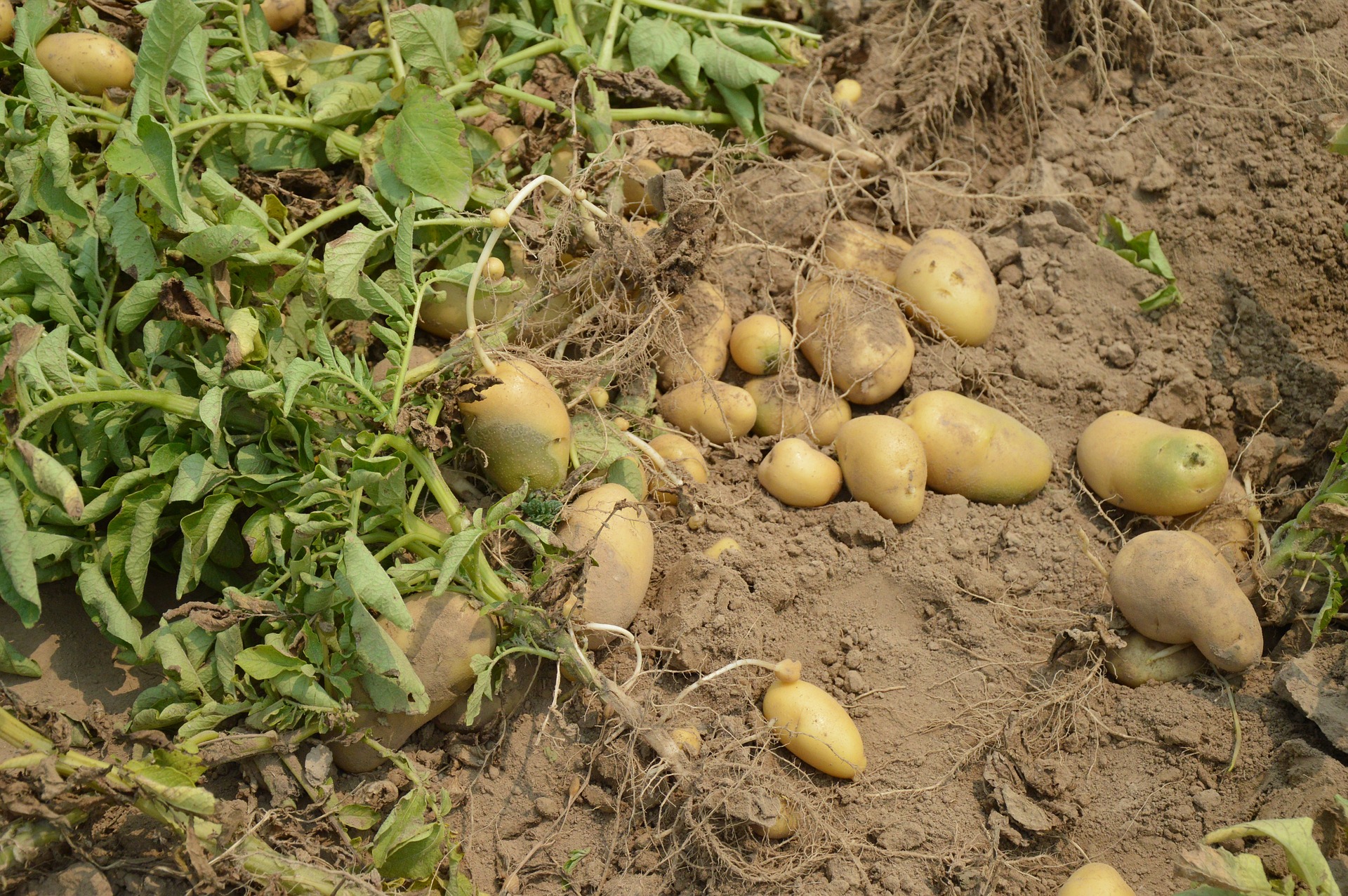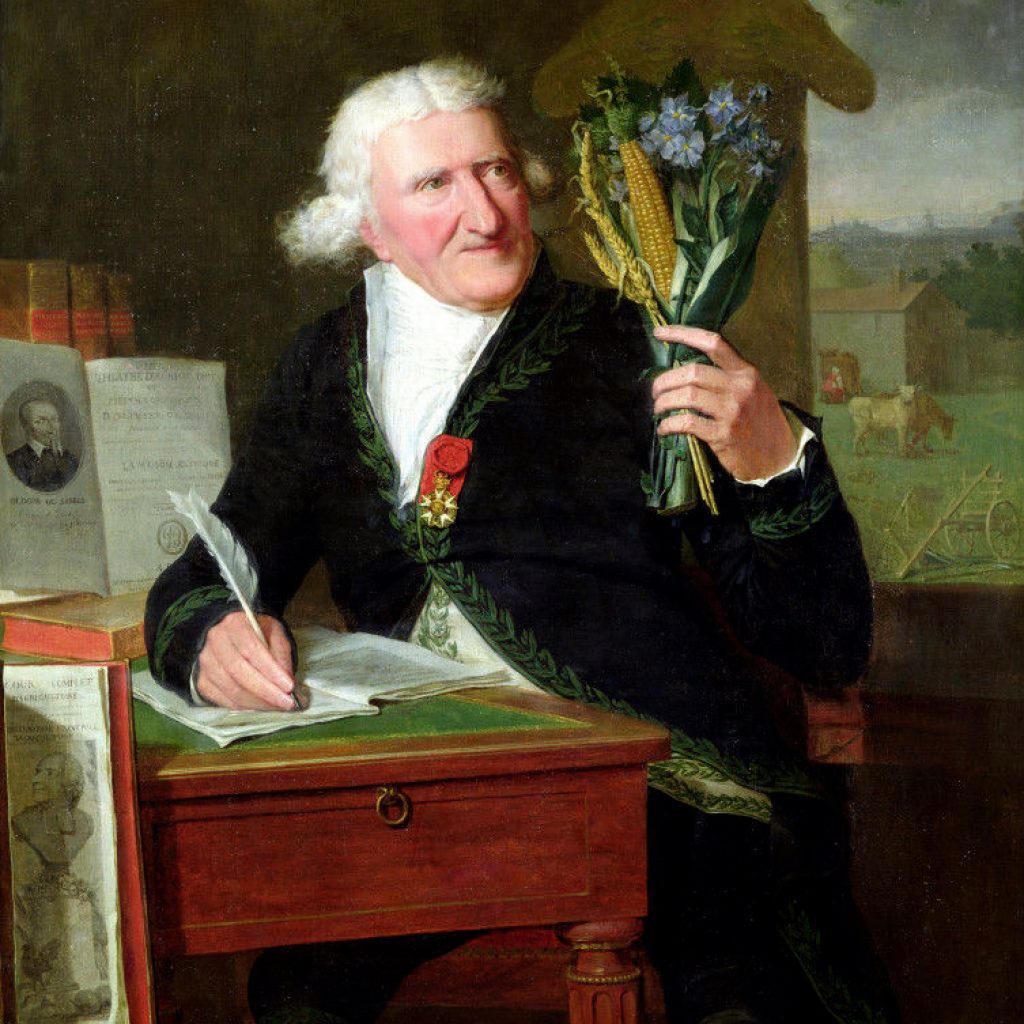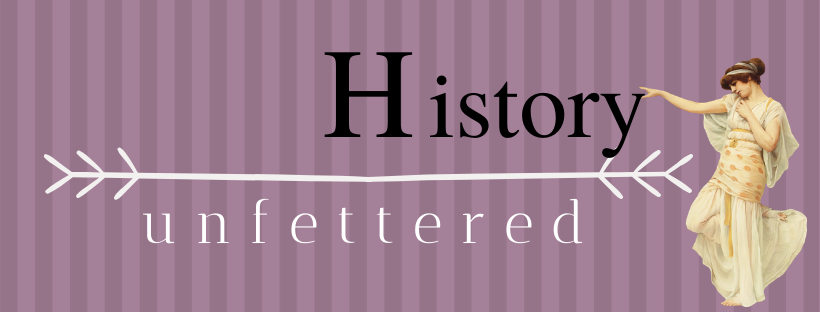The Humble Potato Was Once A French Outlaw

When the French Parliament met in 1748, they made a serious decision. A terrible criminal threatened the country. A miscreant whose deeds were said to include infecting innocent citizens with leprosy.
We cannot allow this criminal to infiltrate our society, they declared. Let it be known far and wide that France will not tolerate the evil-doer known as the Potato. They may be fine for hogs-but certainly not for humans.
And so it was that cultivation of the potato for human consumption was outlawed.
Meanwhile . . .
Little Antoine-Augustin Parmentier was only eleven years old when the ban was passed. He, therefore, grew up immersed in an anti-potato culture. Antoine studied to become a pharmacist, then joined the French army as an apothicaire sous-aide during the Seven Years War. ( 1756-1763) Unfortunately, the Prussians captured him. As he sat there, forlorn and bedraggled, he began to grow hungry. When his captors saw fit to bring him food, what should he see on his plate but a potato.
“Alas, I am undone,” cried Antoine. “What choices am I faced with? Shall I suffer the pains of starvation? Allow my body to waste away, growing more feeble until madness overtakes me? Or shall I take a chance on this potato? Certainly, it’s possible I would choke my last on its bitter poison.”
Then Antoine thought of his captors. They were eating the much-maligned vegetable, and yet he saw no signs of leprosy or ill health for that matter. Surely it would be better to risk ingesting the criminal in the hopes he might escape such an untimely death. Antoine took a chance and consumed the terrible tuber. To his surprise, he suffered no ill effects. In fact, he found it quite tasty. For three long years, he subsisted on the root, and never showed the slightest signs of leprosy. It seemed nothing short of miraculous.

Potato: It Does the Body Good
Upon Antoine’s release, he returned to Paris where he began an in-depth study into the chemical and nutritive components of the humble potato. While working at the Hôtel des Invalides, a hospital for wounded soldiers. He determined to find some way to alleviate the food shortages and hunger that plagued his country. His research convinced him the potato had the ability to do just that. And so he began a crusade to change its reputation. Luckily for him, the government was asking the very same questions. In fact, The Academy of Besançon offered a prize to anyone who could come up with a way to solve the countries food problems. Antoine submitted his research under the title “Inquiry into Nourishing Vegetables That in Times of Necessity Could Substitute for Ordinary Food,” and won. His findings convinced the government the previously ostracized vegetable really had a lot to offer.
The ban on potatoes was repealed in 1772, unfortunately, public opinion wasn’t easily changed. Once a killer, always a killer, thought the peasants despite what they were being told from above. Antoine wouldn’t give up. He began a massive campaign to change public opinion.
Potato PR
Antoine may have been inspired by stories he heard while captive in Prussia. It seems at one time they too feared the misshaped ugly brown tubers. In fact, it took some creative marketing by their King, Fredrick the Great, before they would agree to eat it.
Fredrick saw the crop’s potential to keep his country fed. He, therefore, had the fields around Berlin planted with them, then stationed armed guards to protect the crops. Of course, anything under such intense protection must be very wonderful indeed, and the interest of the citizens was piqued. This was exactly what Fredrick intended. He even ordered the guards not to notice when people tried to steal the crop. Steal them they did, and once tasted, the citizens fell in love. Fredrick’s plan had worked.
In imitation of the Prussians therefore, Antoine put his plan of reform into motion. He would show the world that potatoes had grace and style. He threw dinner parties for people such as Benjamin Franklin and Thomas Jefferson where potatoes were the star ingredient. In fact, he showcased the tuber in as many as twenty courses. Antoine took his campaign even further, right up to Louis XVI. The King would wear a potato flower in his buttonhole while his wife, that cake loving Marie Antoinette, put the purple blossoms in her hair.

All Hail the Potato
Antoine’s stunts worked. Farmers began planting potato crops and were pleasantly surprised by the outcome. The yields were very reliable, and the plant grew easily in the fallow wheat fields. Dinner in France was reveloutized. “France will not forget you found food for the poor,” the king declared.
Unfortunately, this was around the time of the Revolution, and hanging out with the King became passé. This could have been the end of our potato loving friend, but he managed to slip away until Napoleon once again called on his services.
And the humble potato? Well, the revolution caused serious food shortages. Soon gardens are revamped and where flowers once grew potatoes were planted. The potato had transformed from criminal to champion.
Were the French Really So Far Off?
Actually, no, they weren’t. Of course, potatoes don’t cause leprosy, but they can be poisonous. Wild varieties especially contain large amounts of glycoalkaloids which are toxic. In fact, even grocery store varieties contain them. Poisoning still happens on occasion, but peeling your spuds before eating them greatly reduces the threat.
Notes and Sources:
Yes I know, the whole Marie Antoinette thing is false.
https://www.atlasobscura.com/articles/history-of-potatoes-parmentier
https://www.cfs.gov.hk/english/multimedia/multimedia_pub/multimedia_pub_fsf_112_01.html


Leave A Comment